
I welcome a federal appeals court ruling that the National Security Agency does not have the legal authority to collect and store data on all U.S. telephone calls. Now Congress should rewrite the expiring eavesdropping provision in the so-called USA Patriot Act and include strong new limits to protect the privacy and civil liberties of the American people.
Let me be clear: We must do everything we can to protect our country from the serious potential of another terrorist attack. We can and must do so, however, in a way that also protects the constitutional rights of the American people and maintains our free society.
Do we really want to live in a country where the NSA gathers data on virtually every single phone call in the United States—including as many as 5 billion cellphone records per day? I don’t. Do we really want our government to collect our emails, see our text messages, know everyone’s Internet browsing history, monitor bank and credit card transactions, keep tabs on people’s social networks? I don’t.
Unfortunately, this sort of Orwellian surveillance, conducted under provisions of the Patriot Act, invades the privacy of millions of law-abiding Americans.
Drone Country: See America From Above

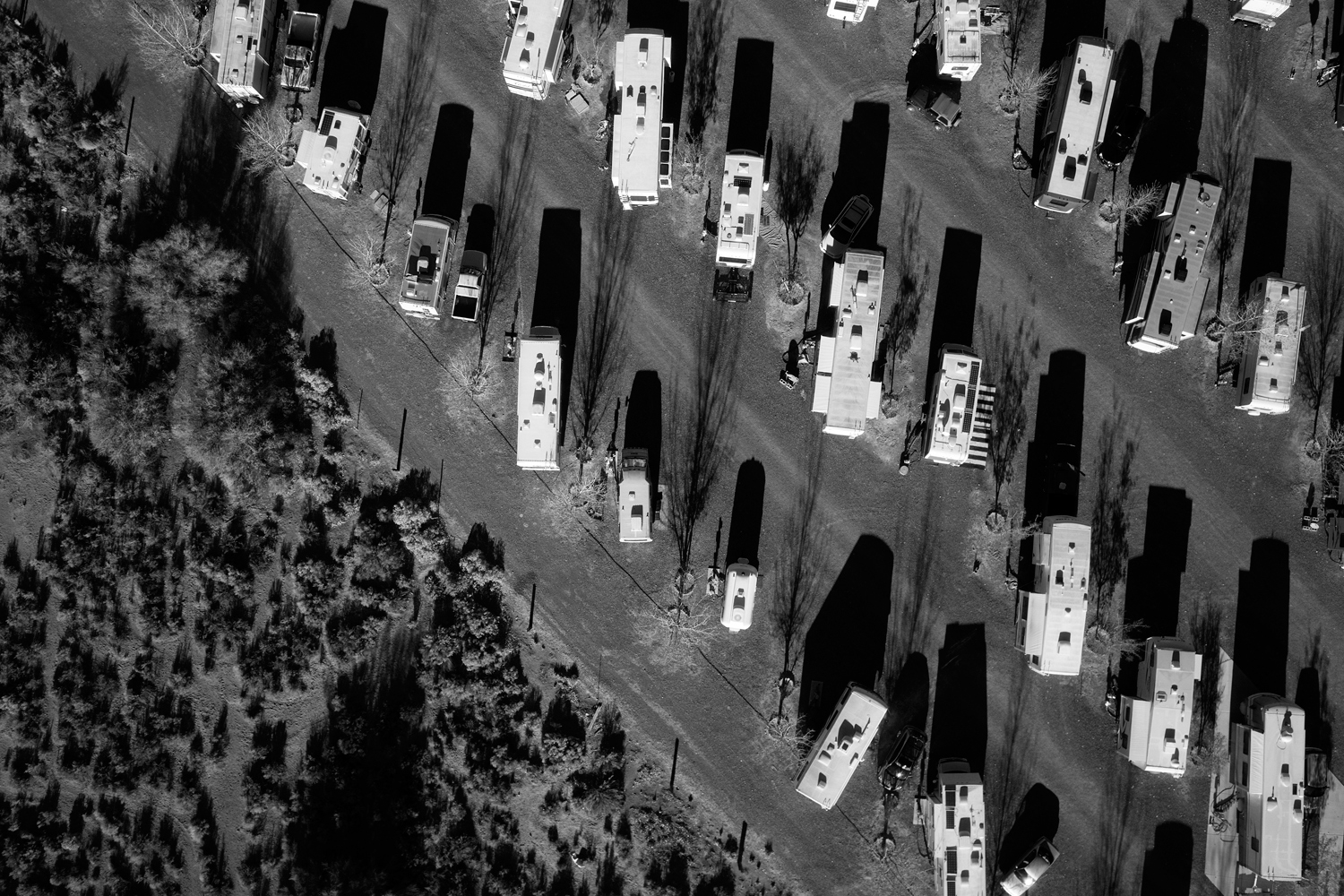

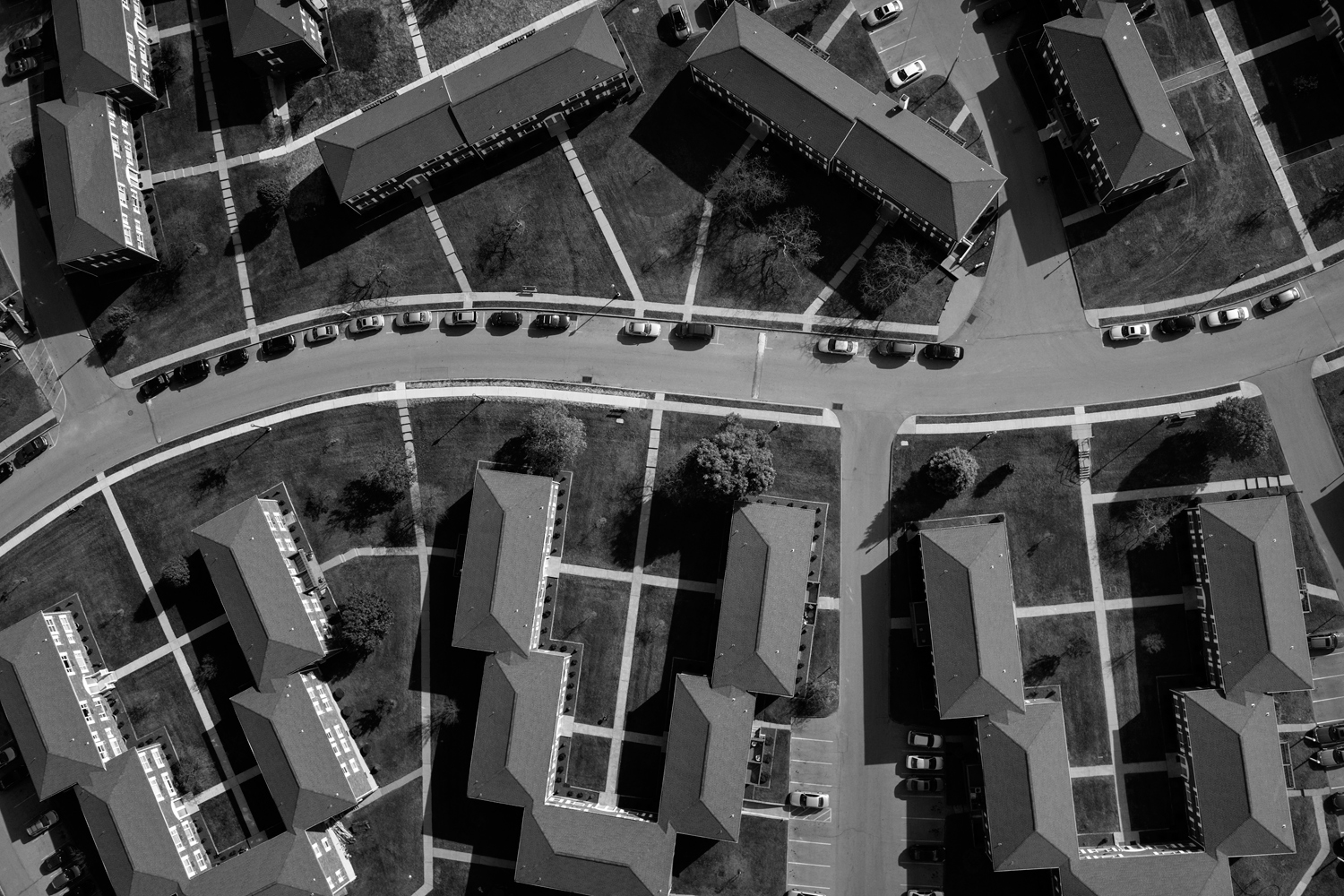

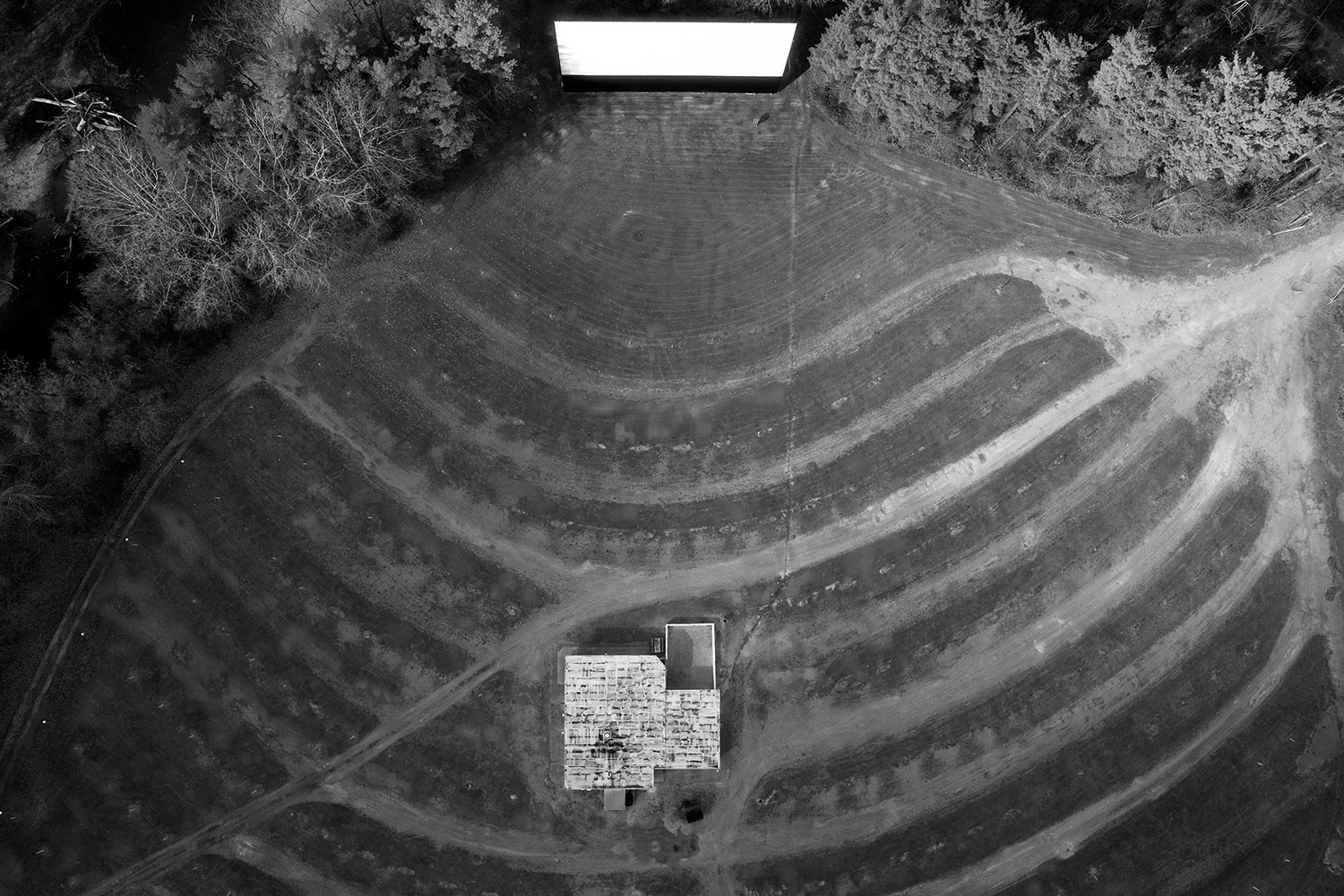
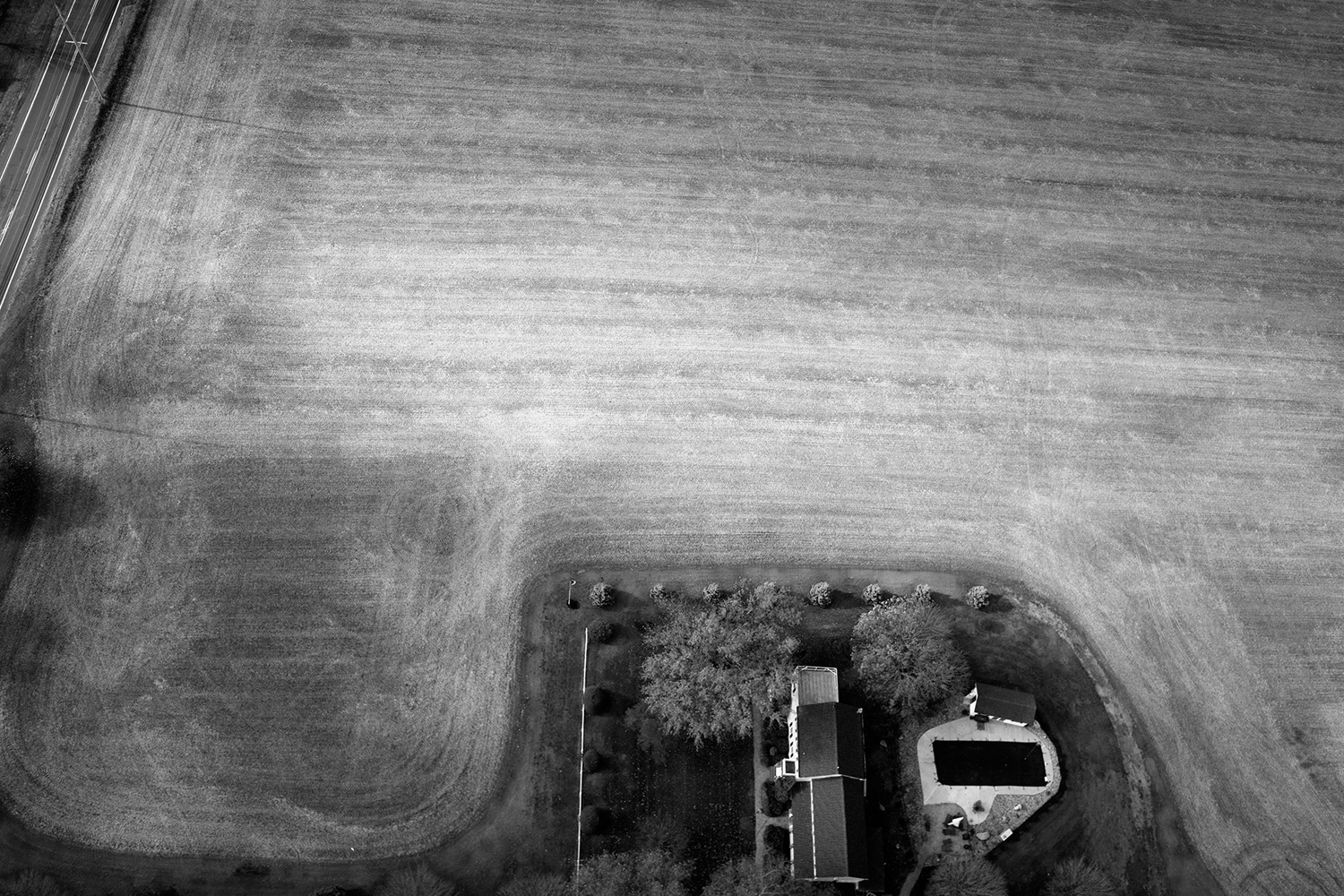

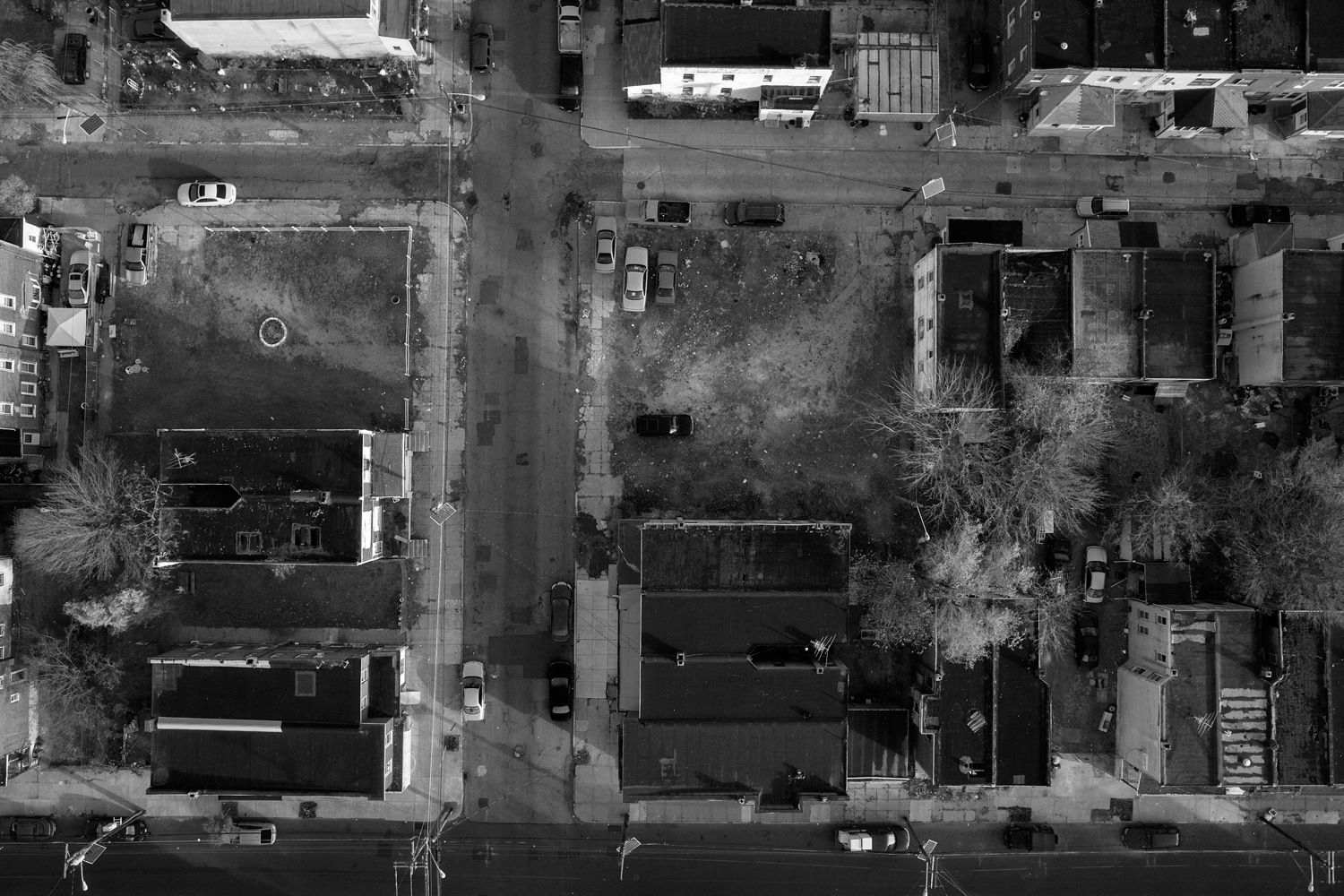
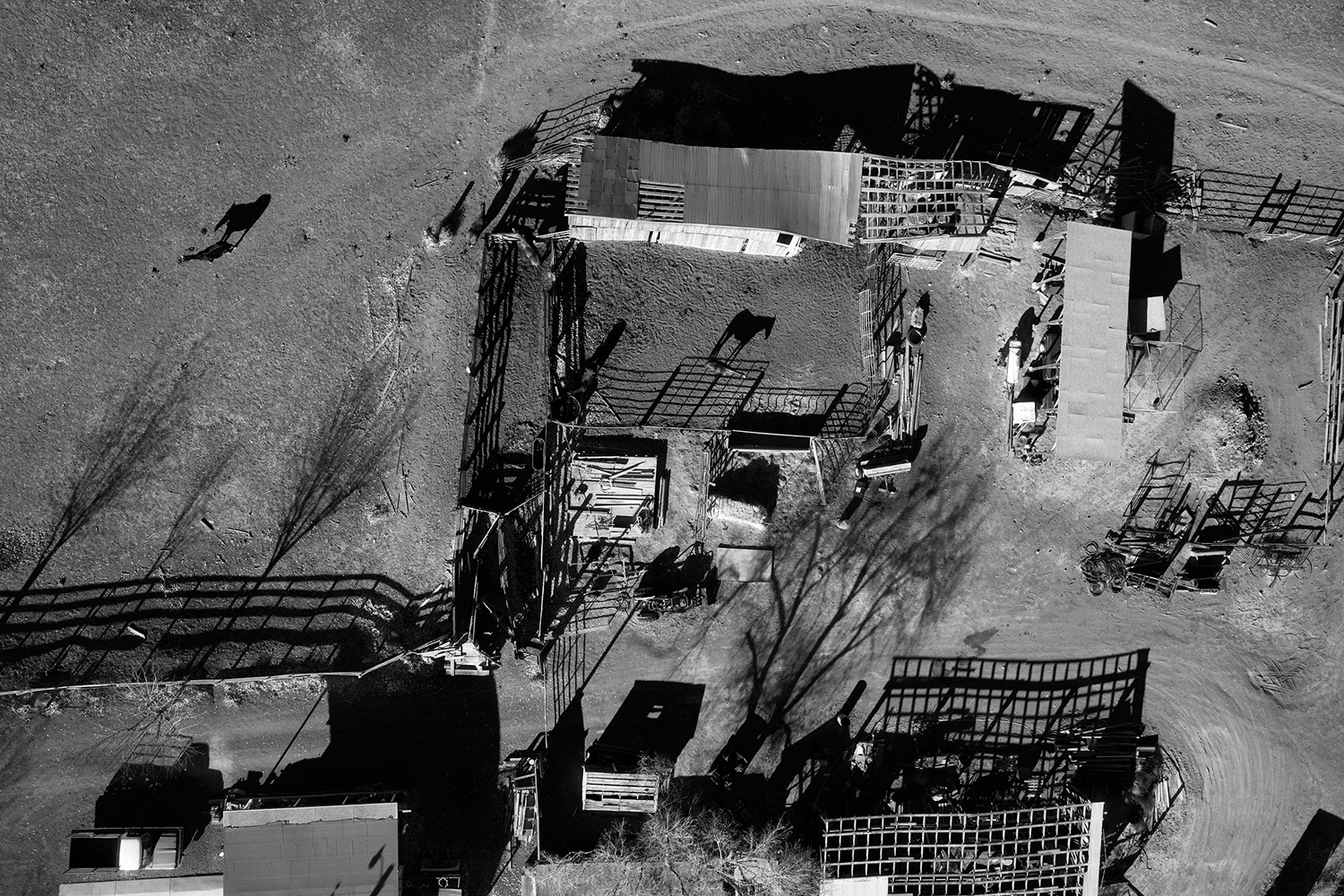



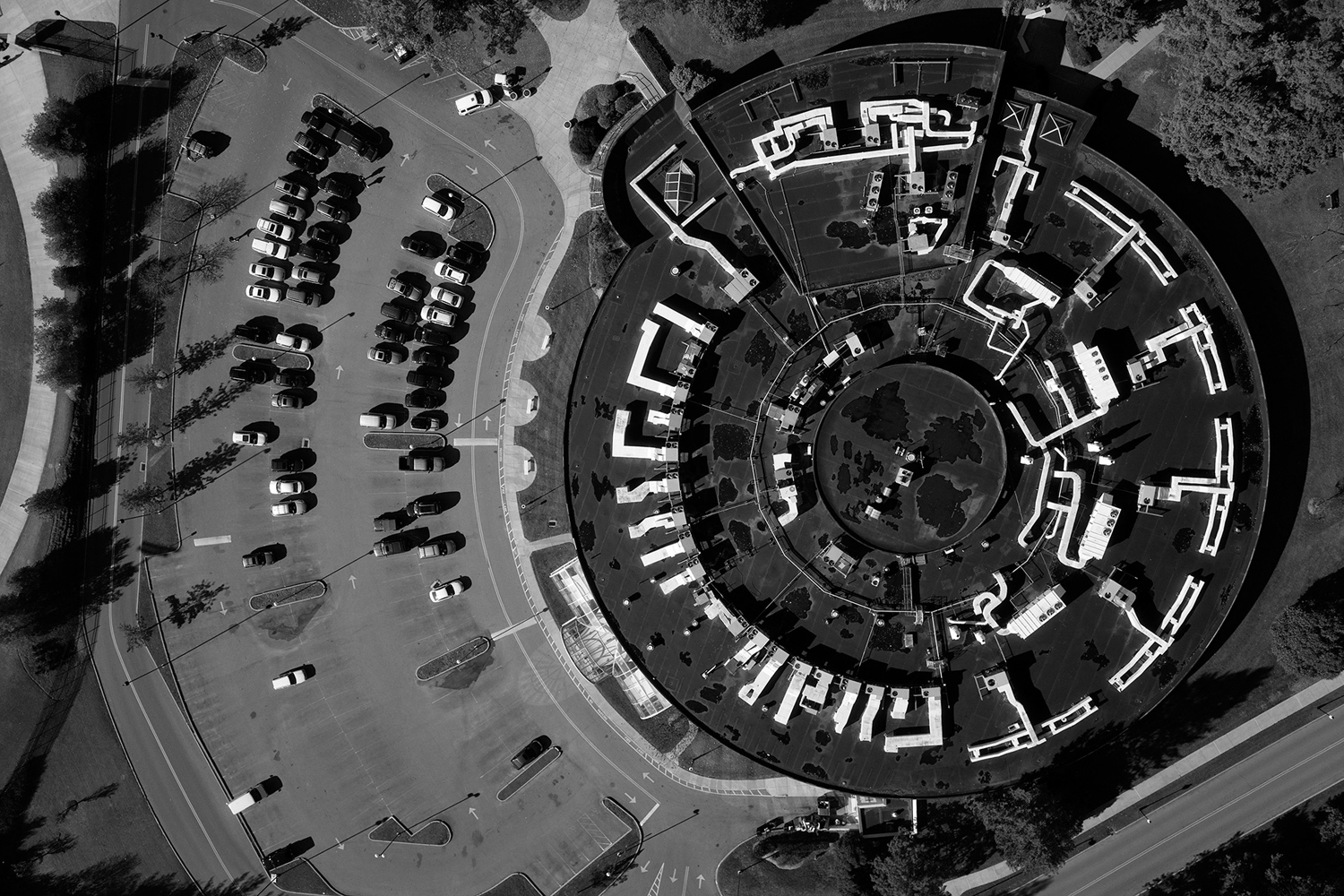
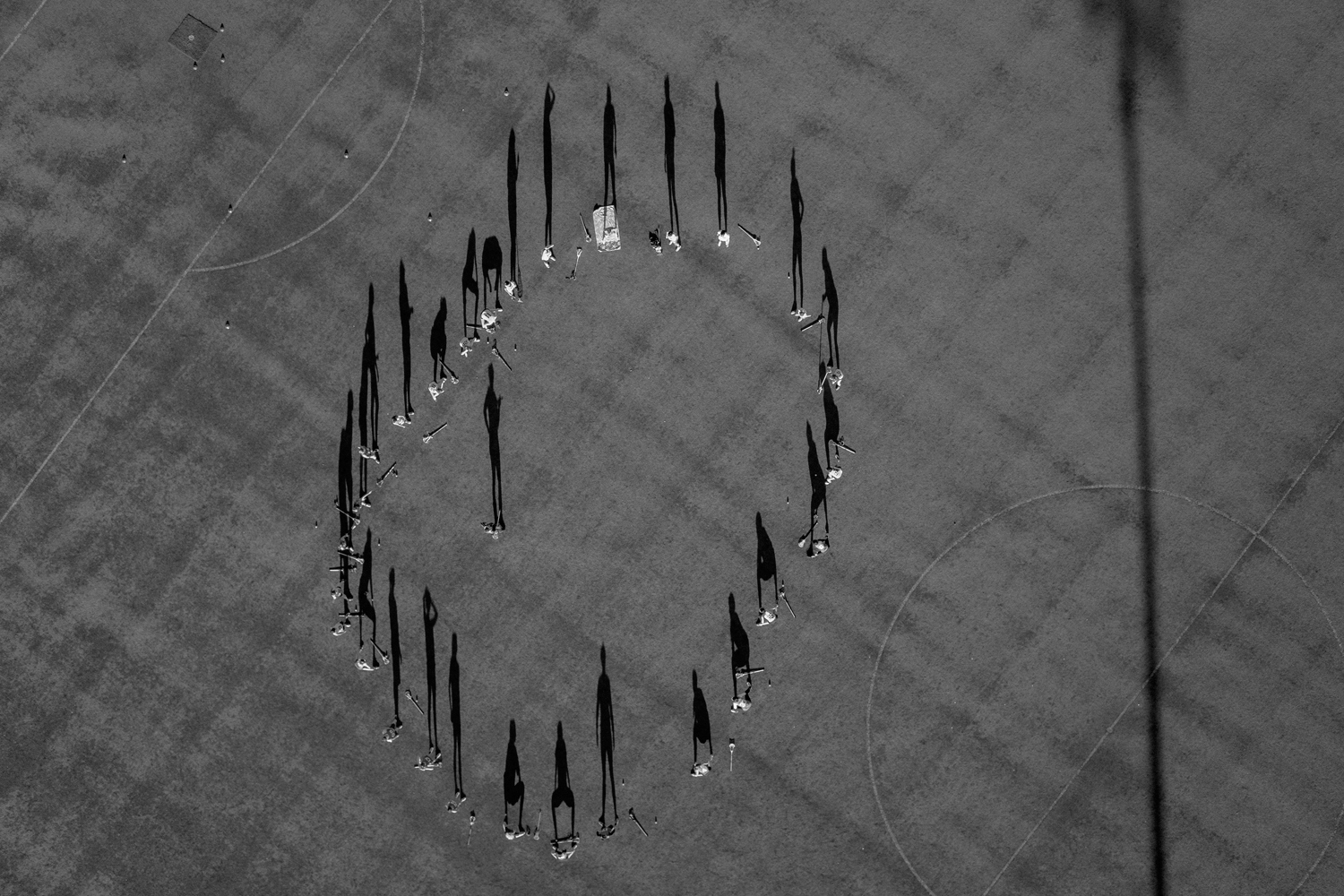

The surveillance law originally was passed by Congress in 2001 in the aftermath of the 9/11 terrorist attacks. I voted against it. I voted against reauthorizing the law in 2005 when I was still in the House and voted “no” again in 2011 in the Senate when Congress passed the most-recent four-year extension of the law. I believed then and am even more convinced today that the law gave the government far too much power to spy on Americans and that it provided too little oversight or disclosure.
The law expires at the end of this month, and Congress already has begun to debate how to revise and improve the law. We should give intelligence and law enforcement authorities the strong tools they need to investigate suspected terrorists, but the law also must contain strong safeguards to protect our civil liberties. Under legislation I have proposed, intelligence and law enforcement authorities would be required to establish a reasonable suspicion, based on specific information, in order to secure court approval to monitor business records related to a specific terrorism suspect. In renewing the surveillance law, Congress also should reassert its proper role overseeing how intelligence agencies use, or abuse, the law that our intelligence community has operated in a way that even they knew the American public and Congress would not approve.
We should strike a balance that weighs the need to be vigilant and aggressive in protecting the American people from the very real danger of terrorist attacks without undermining the constitutional rights that make us a free country.
More Must-Reads from TIME
- How Donald Trump Won
- The Best Inventions of 2024
- Why Sleep Is the Key to Living Longer
- How to Break 8 Toxic Communication Habits
- Nicola Coughlan Bet on Herself—And Won
- What It’s Like to Have Long COVID As a Kid
- 22 Essential Works of Indigenous Cinema
- Meet TIME's Newest Class of Next Generation Leaders
Contact us at letters@time.com